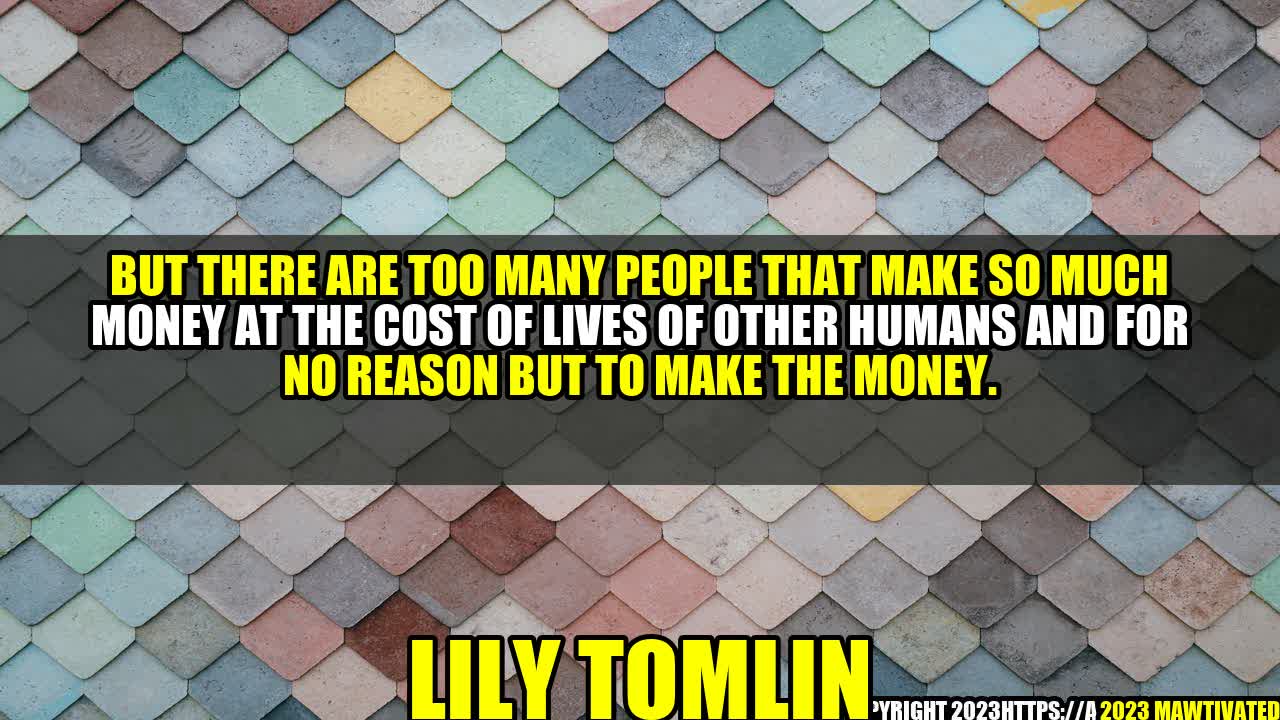The Blood Money – A Cost of Human Lives

A Mission to Save Lives
Dr. Mary Kay was a young physician who wanted to make a difference in the world. She believed in treating every patient with kindness and care, regardless of their social status or ability to pay. One day, she came across a village where malnutrition, malaria, and tuberculosis had ravaged the population. She was horrified to see children and their families suffering from preventable diseases.
Driven by her passion to help people, she decided to start a medical mission to the village. With the help of like-minded volunteers and donors, she set up a clinic and provided free medical care to the villagers. She also trained the local health workers to identify and treat common illnesses. Within a few years, the health of the people in the village had improved dramatically, and the incidence of diseases had reduced significantly.
Stories of Blood Money
Unfortunately, not all stories have a happy ending like Dr. Mary Kay’s. Many people in the world today are suffering from the greed of a few who value money more than human life. There are instances where corporations and individuals make obscene profits by exploiting natural resources and exploiting workers’ rights.
One such case is that of the mining industry in Africa. The mining companies extract natural resources such as gold and diamonds from the African continent and sell them for billions of dollars in the global market. However, the local communities bear the brunt of this unchecked greed. Thousands of people have lost their lives due to unsafe mining practices, exposure to toxic chemicals, and conflicts caused by the mining companies. Many more have been displaced from their homes and land, leading to social and economic instability.
“We pay the price of the blood of our brothers and sisters for the wealth of the few.” – Archbishop Desmond Tutu
The tech industry is another example where blood money is being made. Many of the devices we use daily, such as smartphones, laptops, and tablets, are made using minerals such as cobalt, coltan, and tin. These minerals are mined in countries like the Democratic Republic of Congo, where child labor and forced labor are rampant. The working conditions in the mines are hazardous, and the workers are paid very little for their labor.
Examples of Blood Money
Another example of blood money is the pharmaceutical industry. While drugs and vaccines have saved countless lives, there are instances where the industry puts profits before people. Many pharmaceutical companies charge exorbitant prices for life-saving drugs, making them unaffordable for many people. This pricing model has led to a global healthcare crisis, where people are dying because they cannot afford to buy the drugs they need to survive.
The fashion industry is another sector where the cost of blood money is high. Many fast-fashion companies use sweatshops in developing countries to produce cheap clothes. These sweatshops often violate workers’ rights and pay them very low wages. The environmental impact of the fashion industry is also significant, with millions of tons of textile waste being generated every year.
About the Author – Lily Tomlin
Lily Tomlin is a human rights activist and award-winning actress. She has been a vocal critic of policies and practices that lead to the exploitation of people and natural resources. As a child, she witnessed poverty and inequality up close and vowed to dedicate her life to fight for justice.
What Can We Do?
As consumers, we have the power to demand ethical and sustainable practices from corporations and individuals. Here are some practical tips:
- Support companies that provide transparency about their sourcing and production methods.
- Buy from sustainable and ethical fashion brands that prioritize workers’ rights and environmental responsibility.
- Choose products that are fairtrade or organic to support farmers and workers who are paid fairly for their labor.
- Support grassroots movements that fight for social and environmental justice.
- Hold our governments accountable for enacting and enforcing laws that protect people and the planet.
- #BloodMoney
- #CostOfHumanLives
- #CorporateResponsibility
- #SustainableBusiness
SEO Keywords: blood money, human lives, corporate responsibility, sustainable business, ethical practice, social justice, environmental justice, exploitation
Article Category: Social Justice

Curated by Team Akash.Mittal.Blog
Share on Twitter
Share on LinkedIn